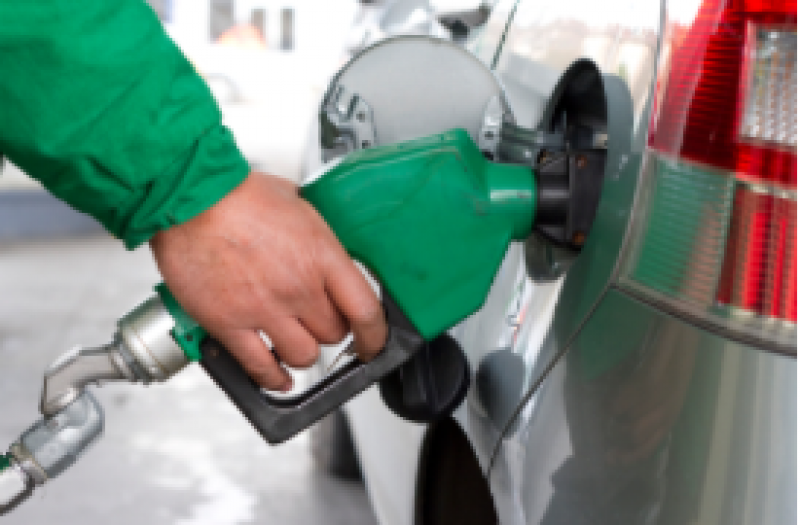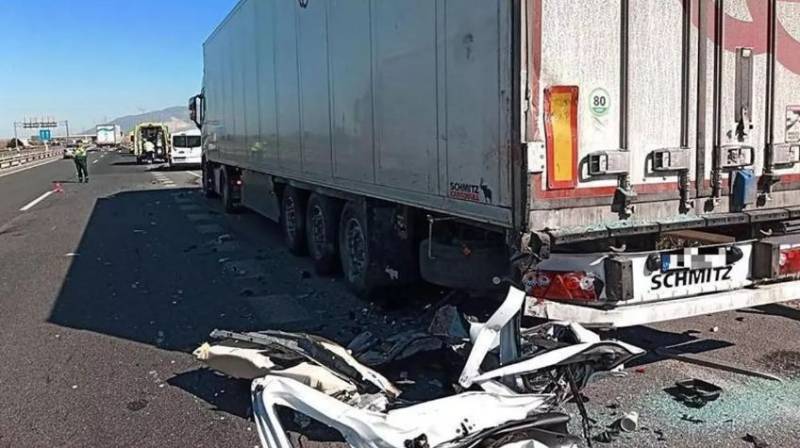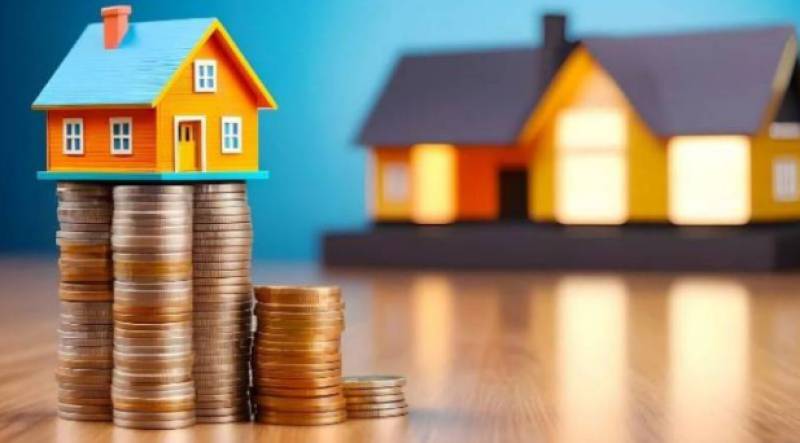- Region
- Vega baja
- Marina Alta
- Marina Baixa
- Alicante
- Baix Vinalopo
- Alto & Mitja Vinalopo
-
ALL TOWNS
- ALICANTE TOWNS
- Albatera
- Alfaz Del Pi
- Alicante City
- Alcoy
- Almoradi
- Benitatxell
- Bigastro
- Benferri
- Benidorm
- Calosa de Segura
- Calpe
- Catral
- Costa Blanca
- Cox
- Daya Vieja
- Denia
- Elche
- Elda
- Granja de Rocamora
- Guardamar del Segura
- Jacarilla
- Los Montesinos
- Orihuela
- Pedreguer
- Pilar de Horadada
- Playa Flamenca
- Quesada
- Rafal
- Redovan
- Rojales
- San Isidro
- Torrevieja
- Comunidad Valenciana
article_detail
Date Published: 11/02/2022
ARCHIVED - Petrol prices break new record: how long can costs continue to skyrocket in Spain?
Fuel costs have reached record highs in Spain for the past two weeks

Rising costs are never good, and so far this year in Spain it seems that all we’ve heard about is the soaring price of everything from the weekly grocery shop to electricity, gas and fuel. The situation is far from stabilising, however, as today the outlay for a tank of petrol has reached another record high for the second consecutive week.
The price of a barrel of Brent oil, the benchmark for fuel prices in Europe, has exceeded 90 dollars once more with experts predicting that it will fly past 100 before too long more. This rise in oil costs directly affects the prices of petrol and diesel, since their production is carried out by refining the so-called 'black gold'.
According to the latest data from the European Union Oil Bulletin, this week petrol in Spain cost an average of 1.588 euros per litre while diesel has also jumped up to 1.444. Just seven days ago, petrol prices beat the record set in September 2012, almost 10 years ago.
Also of interest: 10 top tips to save money on fuel as prices skyrocket in Spain
The skyrocketing prices globally are as a result of increased demand, with more and more people travelling by road, rail and plane since travel restrictions were eased. But even before the pandemic investment in improving production by searching for new oil wells and extractions techniques had fallen off, thanks in large part to the energy transition and the Paris agreement. Added to this is the uncertainty with the central banks, which is raising interest rates.
With all this in mind, the experts firmly believe that as long as the economic recovery continues, prices will continue to rise, as the supply simply can’t meet the demand, and with the US Energy Information Administration warning that the world crude oil inventories will deplete further in the first quarter of the year, costs will just go up and up.
Furthermore, the evolution of the situation in Ukraine will be key due to its implications on energy prices, especially in Europe given its dependence on the supply of oil and natural gas from Russia.
Despite all this, fuel in Spain is still well below the European average. During the last week, the average cost of petrol in the European Union has reached 1,680 euros per litre, while diesel also shot up to 1,606.
See also: Fuel comparison site for Spain
Image: Archive
staff.inc.ali
Loading
Sign up for the Spanish News Today Editors Roundup Weekly Bulletin and get an email with all the week’s news straight to your inbox
Special offer: Subscribe now for 25% off (36.95 euros for 48 Bulletins)
OR
you can sign up to our FREE weekly roundup!
Read some of our recent bulletins:
Discount Special Offer subscription:
36.95€ for 48 Editor’s Weekly News Roundup bulletins!
Please CLICK THE BUTTON to subscribe.
(List price 3 months 12 Bulletins)
Read more stories from around Spain:
Contact Murcia Today: Editorial 000 000 000 /
Office 000 000 000


























